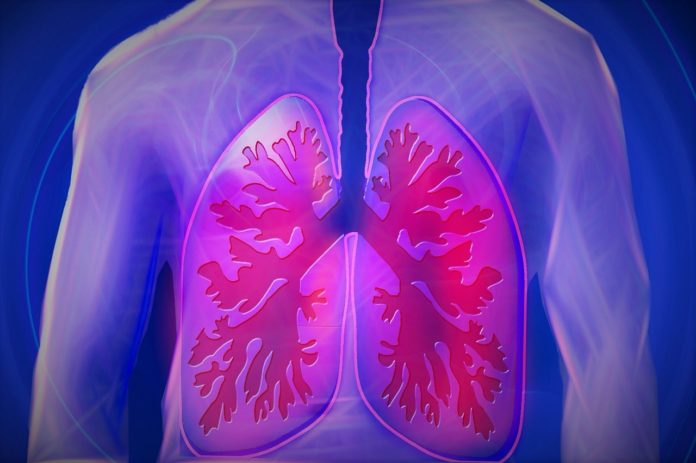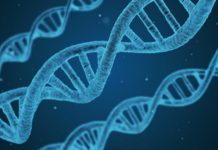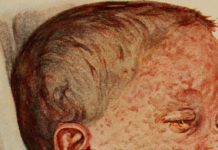
Common antifungal drug, amphotericin could help in treatment of cystic fibrosis by improving lungs’ ability to fight infection
A widely-used antifungal drug, amphotericin may hold promise for treating people with cystic fibrosis, a life-threatening genetic disorder that causes serious damage to the lungs. Results were published in the journal Nature.
Cystic fibrosis is a hereditary disease that causes the body to produce thick and sticky mucus that can clog the lungs and also the pancreas, liver, kidneys, and intestine. Symptoms vary and can include cough, repeated lung infections, inability to gain weight and fatty stools.
Globally, 70,000 people live with cystic fibrosis but the disease is considered rare in India. It can be detected by a simple sweat test and confirmed with genetic testing. Cystic fibrosis has no cure and treatment is supportive. About 10 percent of the people with cystic fibrosis do not respond to any treatment.
Cystic fibrosis is a hereditary disease that causes the body to produce thick and sticky mucus that can clog the lungs and also the pancreas, liver, kidneys, and intestine. Symptoms vary and can include cough, repeated lung infections, inability to gain weight and fatty stools
“The really exciting news is that amphotericin is a medicine that’s already approved and available on the market,” said Martin D. Burke, M.D., Ph.D., leader of the study and a professor of chemistry at the University of Illinois in Champaign. “We think it’s a good candidate.”
Cystic fibrosis is caused by a defect in a gene called CFTR (cystic fibrosis transmembrane conductance regulator). This gene normally makes a protein that controls or channels the movement in and out of cells of such materials as salt, bicarbonate, and water – all of which are important to normal lung function. In people with cystic fibrosis, however, the defective gene makes a protein that is itself defective, causing the accumulation of acidic and sticky mucus that not only clogs the lungs and makes it hard to breathe, but also makes the lungs vulnerable to bacterial infection.
Treatment is challenging in cystic fibrosis because different people have different types of mutated proteins, and 10 percent of people with cystic fibrosis make no protein at all. But amphotericin, Burke said, has the potential to work regardless of the kind of mutation, and even when the protein is missing.
In their studies, the researchers used lung tissue from patients with cystic fibrosis, as well as pig models of cystic fibrosis, and found that amphotericin spurred a host of changes associated with improved lung function – restoration of pH levels, improved viscosity, and increased antibacterial activity.
The researchers noted that amphotericin can be delivered directly to the lungs to avoid common side effects. They cautioned that more experimental studies are needed before the drug is safe to treat cystic fibrosis in people. But experts are hopeful.













